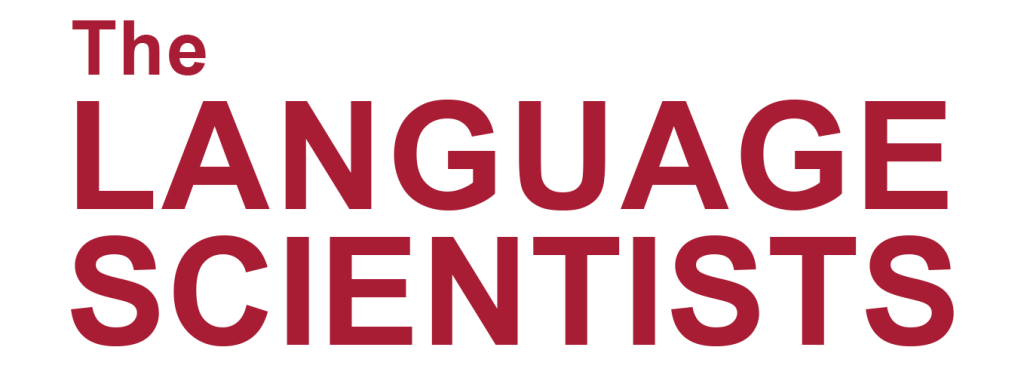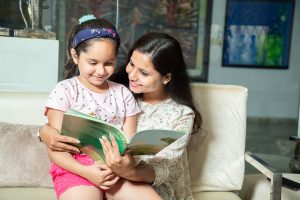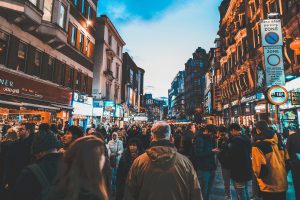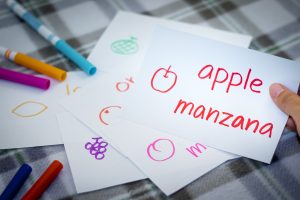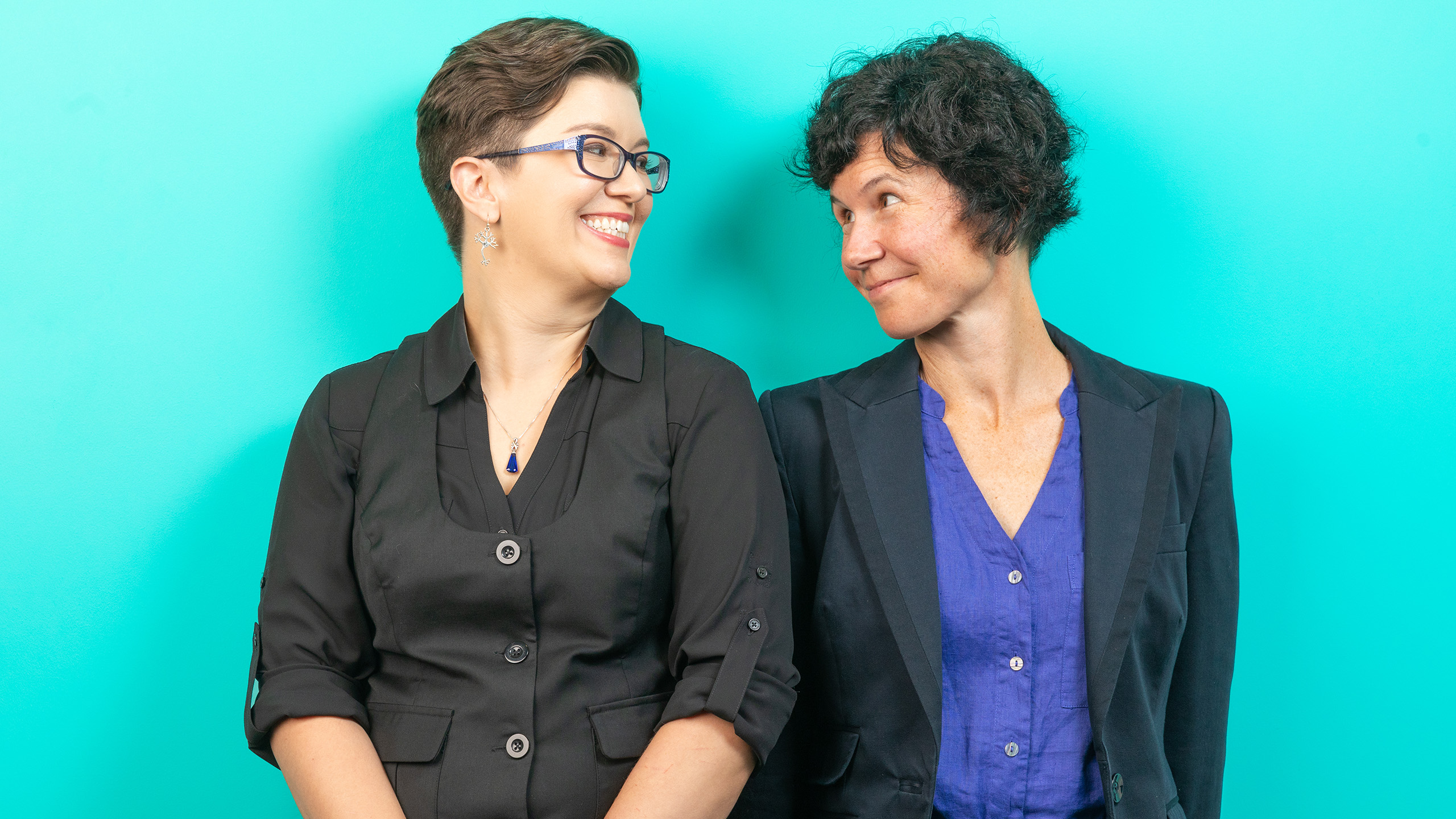
Welcome to The Language Scientists!
We are Dr Kaitlyn Zavaleta and Dr Marie-Josee Bisson, your hosts on The Language Scientists podcast.
We are both Senior Lecturers at De Montfort University and we conduct research on language learning.
Throughout the series we talk to experts in the field of language learning and beyond to impart informative, evidence based and practical advice. The topics range from incidental learning, eye-tracking, learning vocabulary though reading, creative assessments, using virtual reality in the classroom, training phonological abilities, randomised control trials, speech errors and conducting research online.
Latest episode
MORE EPISODESMeet The Language Scientists
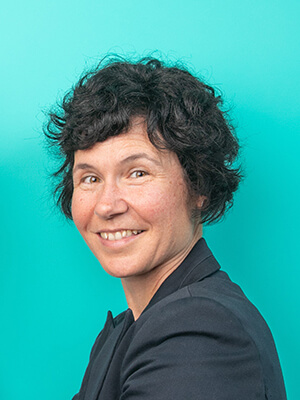
Marie-Josée Bisson
Personal Language Learning Journey
I am a native speaker of French (from Canada) who gradually learnt English. I would say that I am now a fluent French-English bilingual. I also learnt Spanish in college and had the chance to travel in Equator to test my knowledge. I love Spanish! The language has so many similarities to my native language; it was fun and easy to pick up for me. I also started learning German during a student exchange when I was 15 and then doing some formal German learning in college. I love watching films in German or Spanish to help me “keep those languages” fresh in my mind. I still have much to learn though!
Why I love being a Language Scientist?
My love affair with languages started when I lived in Germany for 3 months as a 15-year-old. Living with a family there and wanting to communicate with people really pushed me to go beyond myself and try my language skills. It opened a whole world to me and not just linguistically but also culturally and emotionally. I feel the need to connect with people and I am always intrigued when I hear people talking in other languages around me. I want to share this love of language with everyone; languages can open your mind and your heart.
My research
My research interests are on first and second language learning/acquisition, implicit and explicit learning, bilingualism, and psycholinguistics. As well as behavioural research methods, I conduct experiments using eye-tracking and electroencephalography (EEG).
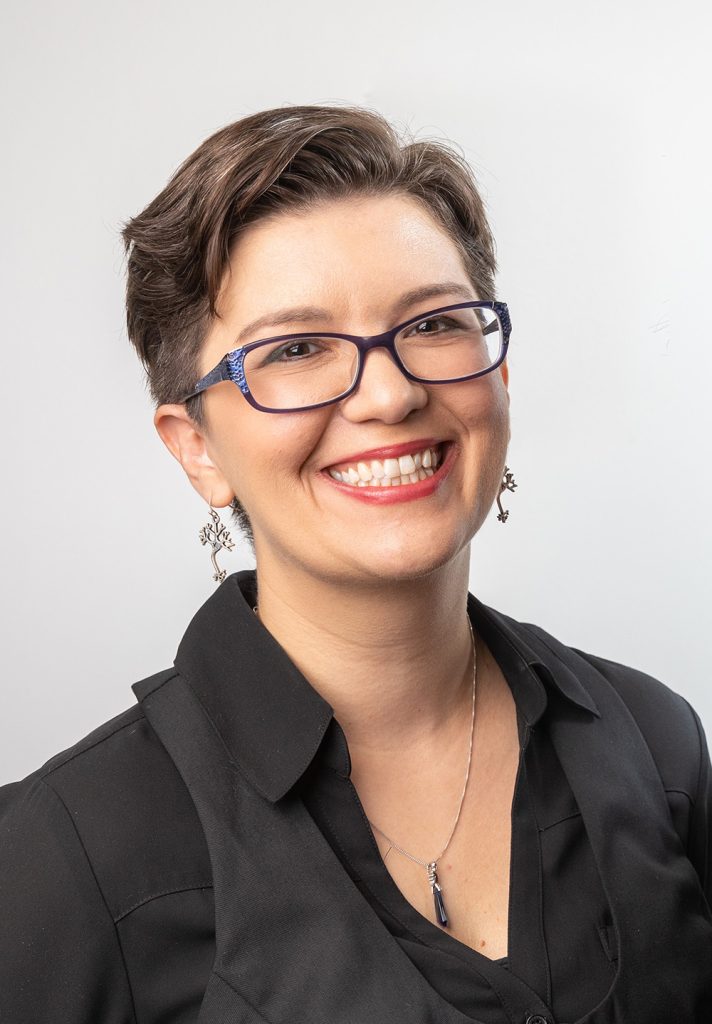
Kaitlyn Zavaleta
Personal language learning journey
My love of languages began very early on. I fell completely in love with “Beauty and the Beast” as a child; I was fascinated by the idea that people in other parts of the world used a different language to communicate and write books in. My grandma arranged for French tutoring when I was 7 and from then on, I absorbed what French I could. I took French in high school and then enrolled as a French major at university, until I discovered a degree where you could learn ALL about languages (i.e., Linguistics) and I felt like a kid in a candy shop. I speak French and I can speak conversational Spanish (and understand more). I studied Arabic for a year, Latin for a semester, and tried to learn Russian on my own (got as far as the alphabet and basic words). My home is a bit multilingual: my husband is native English-Spanish bilingual and our children understand some Spanish and French that we sprinkle in.
Why I love being a Language Scientist
My favourite reason is just getting to “geek out” and enthuse about languages and language learning with others. In the podcast, I’m talking about one of the topics I’m most excited about and interested in – and get to share that with others. The second reason is that I think it is so important to share this information beyond academia. Language is a central part of human behaviour – this is part of your everyday experience. Learning more about it shouldn’t be a classroom-only or higher education-only conversation. Scientists should do what they can to bring the knowledge out!
My research
I am a psycholinguist. My research expertise lies at the intersection of psychology and linguistics with a focus on bilingualism and second language acquisition (SLA). Specifically, I’m interested in how an adult speaker learns and uses two or more languages. I typically use behavioural methods but I also conduct research with event-related potentials (ERP) and eye-tracking.
Latest episodes
S3 E10: Supporting heritage languages: The why and how
Today the Language Scientists are back to present the last episode of Series 3! It’s [...]
Sep
S3 E9: Multilingual Leicester
Why do “The Language Scientists” keep saying that Leicester is a great location to discuss [...]
Sep
S3 E8: Benefits of bilingualism
What does it mean to be “bilingual”? How can we encourage and support parents to [...]
Sep
Download our free resources!
We have created questions to engage our audience with the content of each episode. Test your knowledge and understanding by answering some True/False and Multiple-Choice questions or spend some time thinking about our discussion/essay questions.
These are all completely free but please sign in to your account or register for an account to download
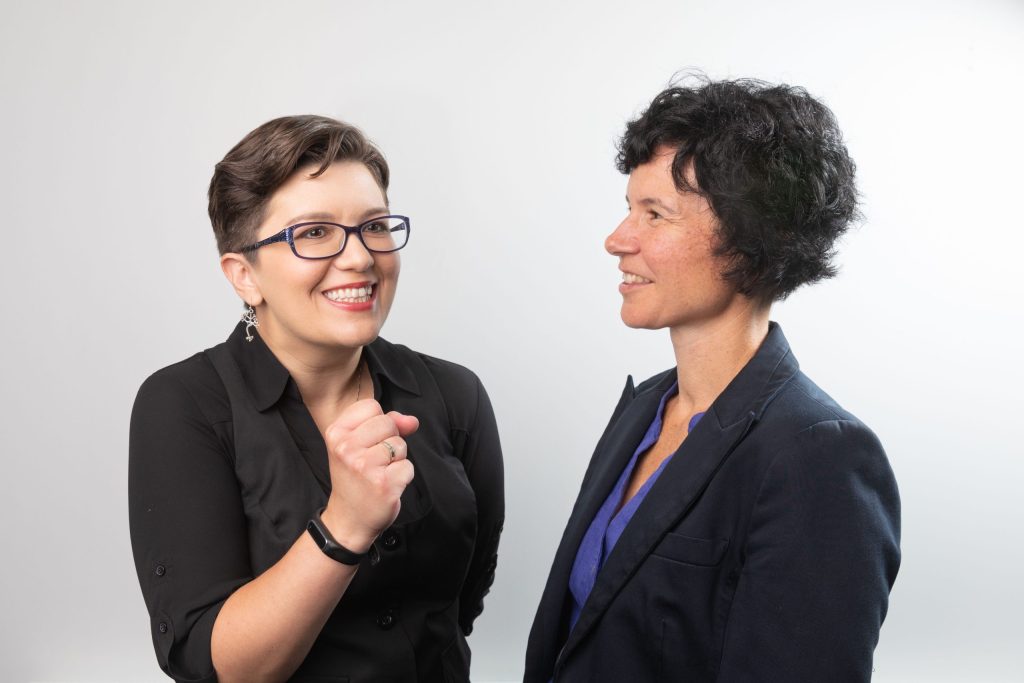
We’d love to hear your thoughts
What have you learnt from engaging with our content? How has your attitude towards language learning been affected?
